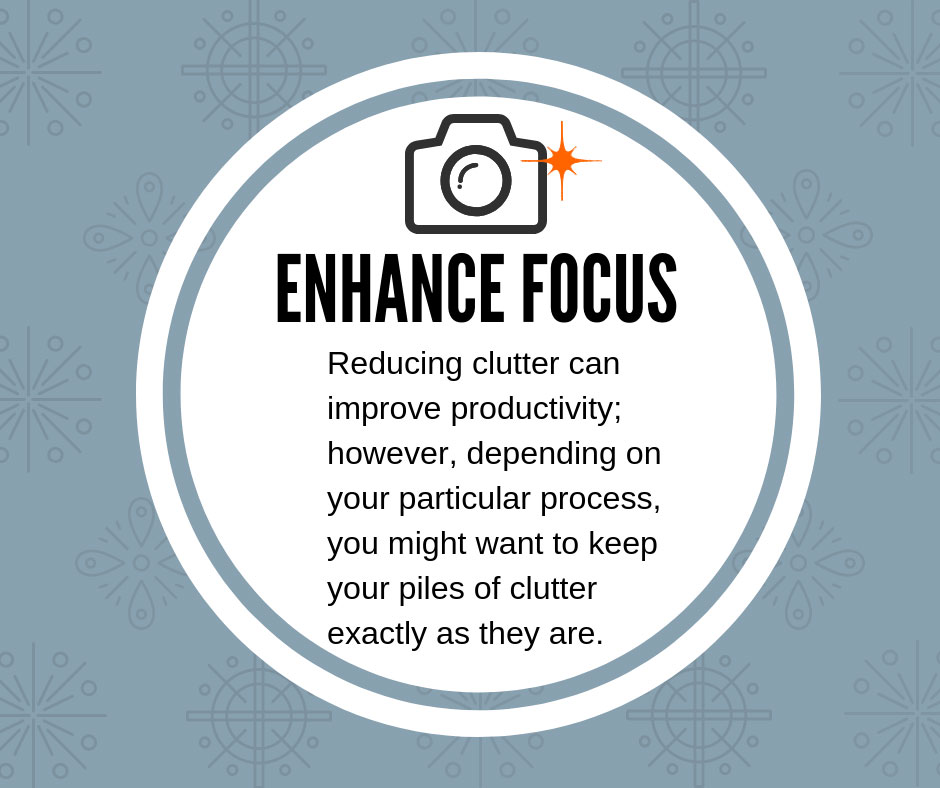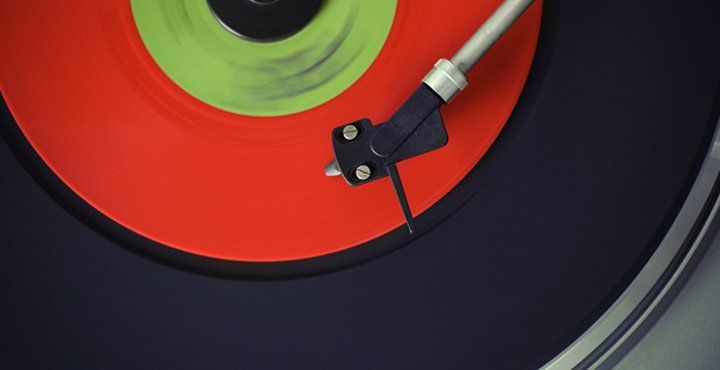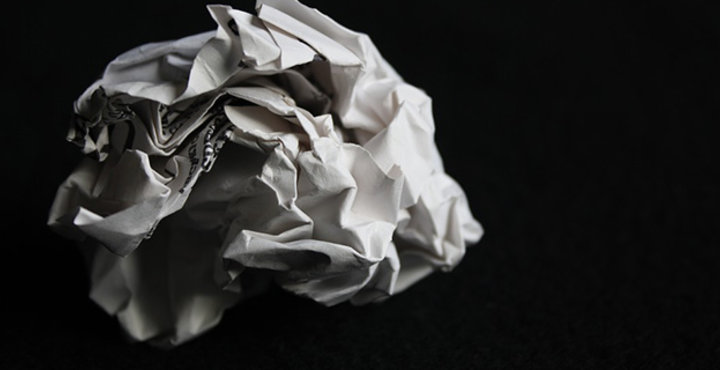Written by Joanna Kimmerly-Smith
As an author, you may have been told that good writing incorporates the five senses, but have you considered how your five senses influence your writing?
It makes sense that exposing yourself to new (or familiar) sights, sounds, smells, textures, and tastes could enrich your ability to show rather than tell your story, so it's worth tailoring your desk to your particular writing process.
How do you write? Do you use a ballpoint pen and paper? A modern word processor? A speech-to-text application? Or an antiquated disc operating system like George R. R. Martin?
What about your writing desk? Some authors have worked in unusual places, such as on a commuter train, in a forest, or even in an open coffin. While you don't necessarily need to go to such extreme measures to find writing inspiration, creating an inspirational desk can boost productivity and motivation.
According to Cathy Presland of Author Unlimited, you should optimize your writing desk based on the type of work that you need to do. If you're in the brainstorming phase, you might need to go for a walk or talk to a friend. If you're in a writing frenzy, jotting down ideas as fast as they flow through your mind, you might need energetic surroundings, such as a café. However, if you're in the revising stage, you might need a comfortable desk setup with no distractions.
This article will explore ways to optimize your writing desk to keep you inspired, focused, and motivated throughout all the stages of writing.

As author Gaelen Foley recommends, you should "find the things that trigger your creative state" to create an environment conducive to writing.
To optimize your writing desk and get inspired, try the following:
- Choose a color palette that soothes (e.g., cool tones), cheers (e.g., warm tones), or otherwise inspires you.
- Surround yourself with interesting objects, whether they are personal artifacts, inspiring quotes, or pictures of a loved one or favorite place.
- Work in a room with a view, or if that's not possible, set up a working area in a garden or nearby park.
- Stimulate your mind with exotic scents, such as your favorite spice, which can elicit memories or help you imagine life in another place.
It's great to include visual stimuli in your desk to inspire your writing. However, don't allow yourself to get too distracted. You also need to tailor your desk for focus.

Regardless, it's important to keep your mind clear during the tough stages of writing, such as the revision process.
To optimize your writing desk for focus, try the following:
- Wear comfortable clothing or keep a cozy shawl nearby to ensure that you are sufficiently warm.
- Make sure your physical setup is comfortable. For example, sit in an ergonomically adjusted chair so you are well supported during long working hours.
- Adjust the ambient noise in your room. Try working in silence (use earplugs, if necessary), or use a sound machine or a mechanical device (e.g., a fan) for white noise.
- Familiar smells in your work environment can help you to associate being in that environment with productivity. Author Melissa James suggests using smells to anchor yourself to your story: inhale a distinct smell (e.g., your favorite potpourri) while you're in the flow of inspiration for a story, and take another whiff of that scent the next time you start writing.
- Keep a plant on your desk, as plants are beneficial for reducing stress, boosting creativity, and maintaining productivity.
Our article on achieving productivity with a good desk setup also has some tips that are applicable to authors who wish to stay focused on their writing. Still, while maintaining focus is key to finishing any project, what happens when you grow weary of the long journey toward publication? Try some of the tips in the next section to stay motivated while writing.

For example, a site like Written? Kitten! might work for you (the site generates an image of a kitten for every 100 words you write). If baby cats aren't your thing, though, don't give up! There are other ways to stay motivated.
To optimize your writing desk for motivation, try the following:
- Play music that pumps you up, such as rock, techno, or rap, or music that induces a calm state, such as classical music, soundtracks, or easy listening.
- Drink water or your favorite beverage (caffeinated or otherwise) to stay hydrated/motivated, and eat healthy snacks to keep your energy levels elevated.
- Keep a to-do list nearby with specific writing goals, such as writing for a certain amount of time each day, hammering out a set number of words, researching a particular subject, or finishing a section or chapter of your project.
- Use a white board, chalk board, bulletin board, or virtual cork board to visualize your progress and help you work toward the completion of your writing project.
Conclusion
Whether you're a seasoned professional or an aspiring writer, where you write can affect how you write. It's true that a good deal of the writing process is mental/conceptual, but your thoughts still have to be recorded in a physical space.
Your body and mind are interconnected, and both are profoundly affected by your material surroundings.
Just remember: there's no right or wrong way to get inspired and stay productive and motivated when writing. You might find yourself doing crazy things (hopefully not meditating on the futility of life whilst lying down in a coffin), but a bit of crazy might be just what you need to optimize your writing desk.
Want to share your writing desk? If so, check out our related Facebook post, in which I share my own writing desk setup.
Image source: Bruno Martins/Unsplash.com
Get Constructive Feedback to Improve Your Book
Hire a Professional Editor, or Get a Free Sample
About the Author
Joanna's passion for English literature (proven by her M.A. thesis on Jane Austen) is matched by her passion to help others with their writing (shown by her role as an in-house editor with Scribendi). She enjoys lively discussions about plot, character, and nerdy TV shows with her husband, and she loves singing almost as much as she loves reading. Isn't music another language after all?









